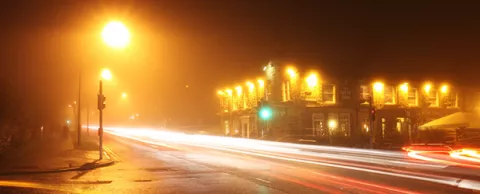
Street lights are one of a city’s biggest energy expenses and replacing the old power-wasting lamps with energy-efficient LEDs can do a lot to cut that bill. But if you’re just switching the lamps, you’re missing out.
It’s easy to understand the temptation of doing just one project at a time. It’s easy and you’re still saving energy. But adding smart controls to your smart LEDs can save you an additional 25%.
That’s why cities like Los Angeles went back and added smart controls to their light stands, even years after starting to enjoy initial energy savings. As you’ll read below, cities like Philadelphia and Montgomery, Alabama are seeing early benefits from smart controls and with new technologies, those benefits are even easier to realize. — Kevin Ebi
Building on the success of pilots
Philadelphia tested smart controls on lights in its Independence Mall last summer during the Democratic National Convention. The lights, managed by technology from Council Lead Partner Sensus, gave the city flexibility to change the light intensity to provide appropriate lighting for different levels of usage, continuing to provide benefits after the convention.
Alabama Power, meanwhile, is moving ahead to phase two of its three-part trial after the success of a remote monitoring and control project at its operations center in Montgomery. The next stages will test a wider range of lighting conditions.
Tools ease rollout
Time and the ability to send and receive data can be two barriers and different solutions provide different ways of overcoming them.
In the case of Sensus, the lighting control modules and software interact over a long-range radio network, providing secure two-way communications without the need for new cabling. Additionally, the control modules will also work with legacy lights, allowing cities to build their networks now and replacing the lights themselves on their own timeline.



